AFTER THE HONEYMOON
Enhancing sexual intimacy in a marriage
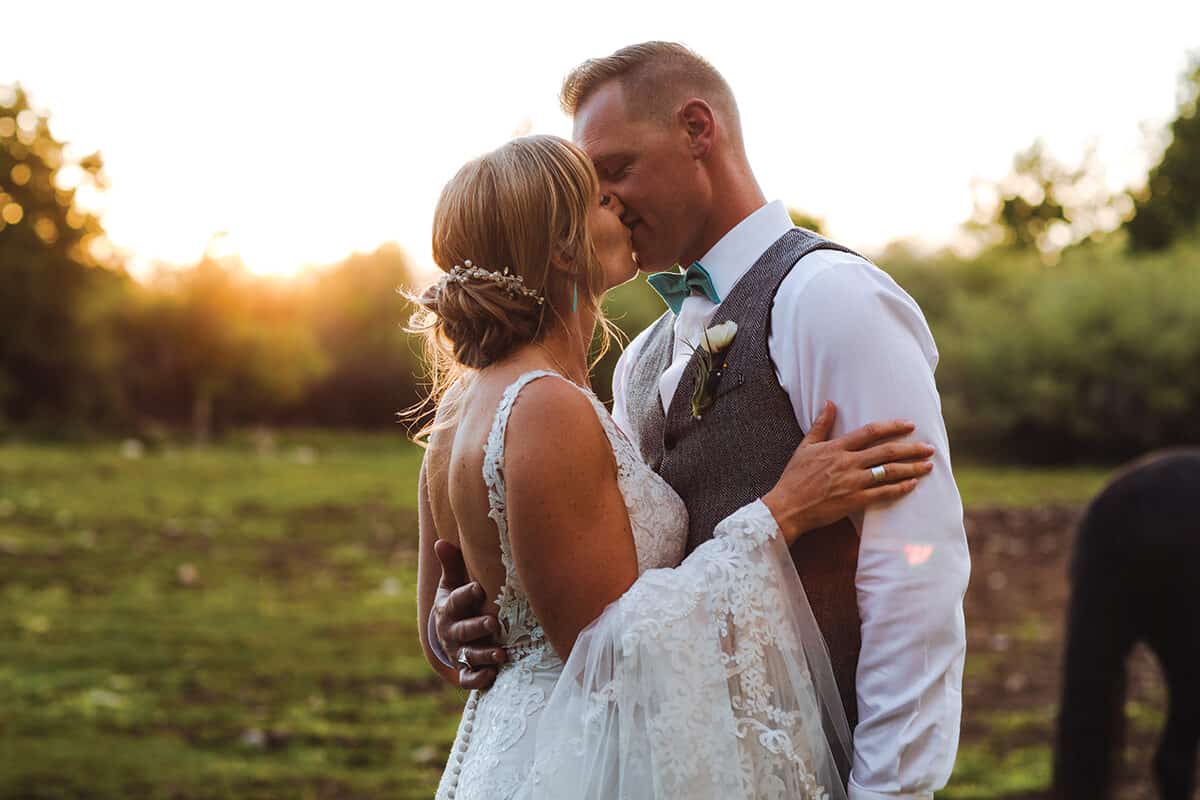
An interview with Dr. Jennifer Finlayson-Fife
We all remember the proverbial honeymoon phase (in fact, some may still be in it!). It’s the time in a relationship when, quite literally, everything is rainbows and butterflies. He walks into the room. You swoon. His distinctive smell. The way his hair swoops to the left with a little cowlick that’s so unmistakably him. Neither one of you wants to head back to your day job, as time spent away has you yearning for closeness. And menial everyday tasks, like cleaning the apartment or making coffee, are invigorated with an excitement that often lands you back in bed.
But one day you wake up, as most couples do, and start to notice the way he leaves his dirty clothes scattered around the floor. He begins commenting on your 30-minute showers and the repercussions on the electric bill. And giggles—like there’s a perpetual inside joke between only you two—aren’t as frequent, as real life starts creeping into the romance of newness.
Don’t sweat it.
Relationship and sexuality coach Dr. Jennifer Finlayson-Fife comes to the rescue with advice on how to keep the passion alive and maintain greater satisfaction and emotional fulfillment in the bedroom.
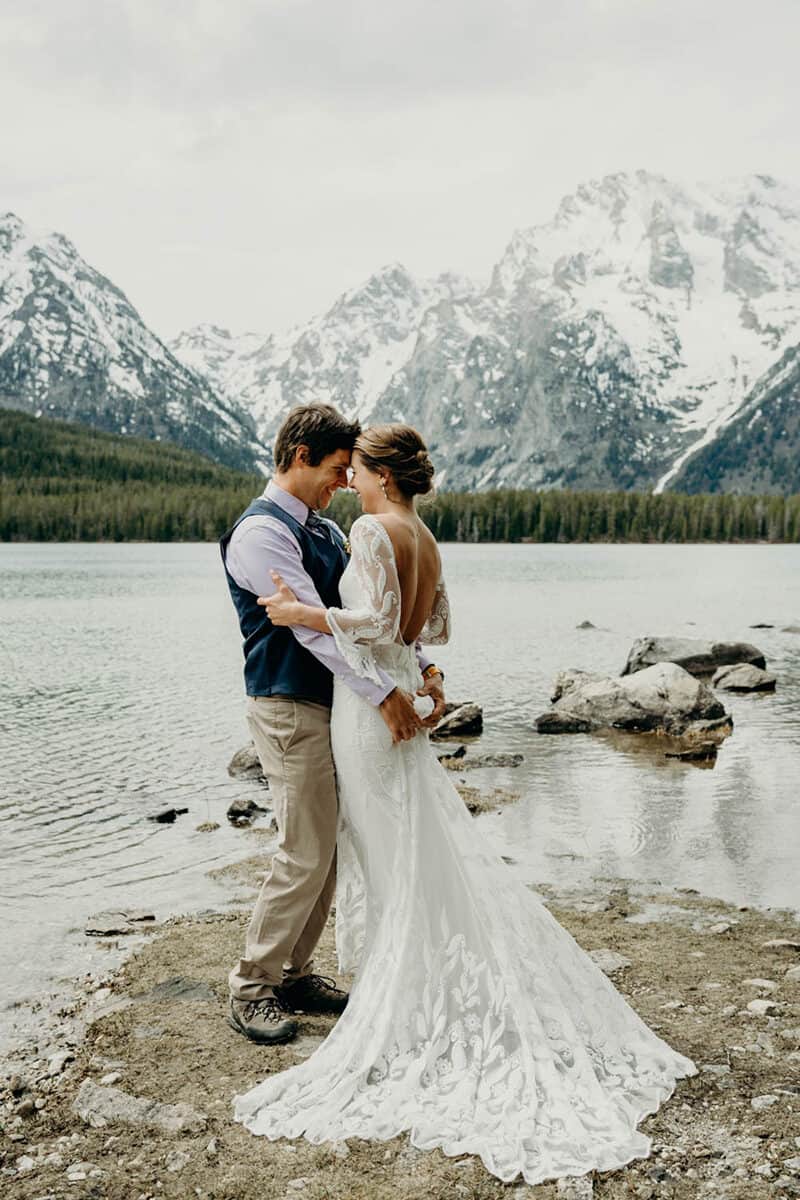
AGW: What are the dynamics that can play out in a marriage after the honeymoon phase is over?
JFF: There’s a lot of illusion in the honeymoon phase—and it’s great! You’re falling in love. Your mind is flooded with dopamine. There is an elevated sense of what you’re going to be and what you will provide for one another. After the honeymoon, you take off your rose-colored glasses and try to work out a life together while maintaining some level of positive feelings and attraction for each other. Often, these two things feel like they work against each other because, when you’re actually face to face with your differences, conflict can increase. The reality is: Nothing is going wrong. In fact, everything is going exactly how it should be in order to work out all the little nuances of a marriage.

AGW: What advice can you give new couples on developing realistic expectations regarding passion in a maturing relationship?
JFF: I try to normalize the reality of conflict, because conflict is important. The process of struggling to make room for two people in a marriage expands both partners as individuals. For a lot of people, resentment heightens and desire drops because their spouse won’t deal with his or her immaturities. However, when the same partner is willing to confront life’s difficulties—and when the other can be more flexible, too—long-term passion stays high because you have a sense of true friendship. Keeping the sexual relationship alive and well needs this type of solid foundation.
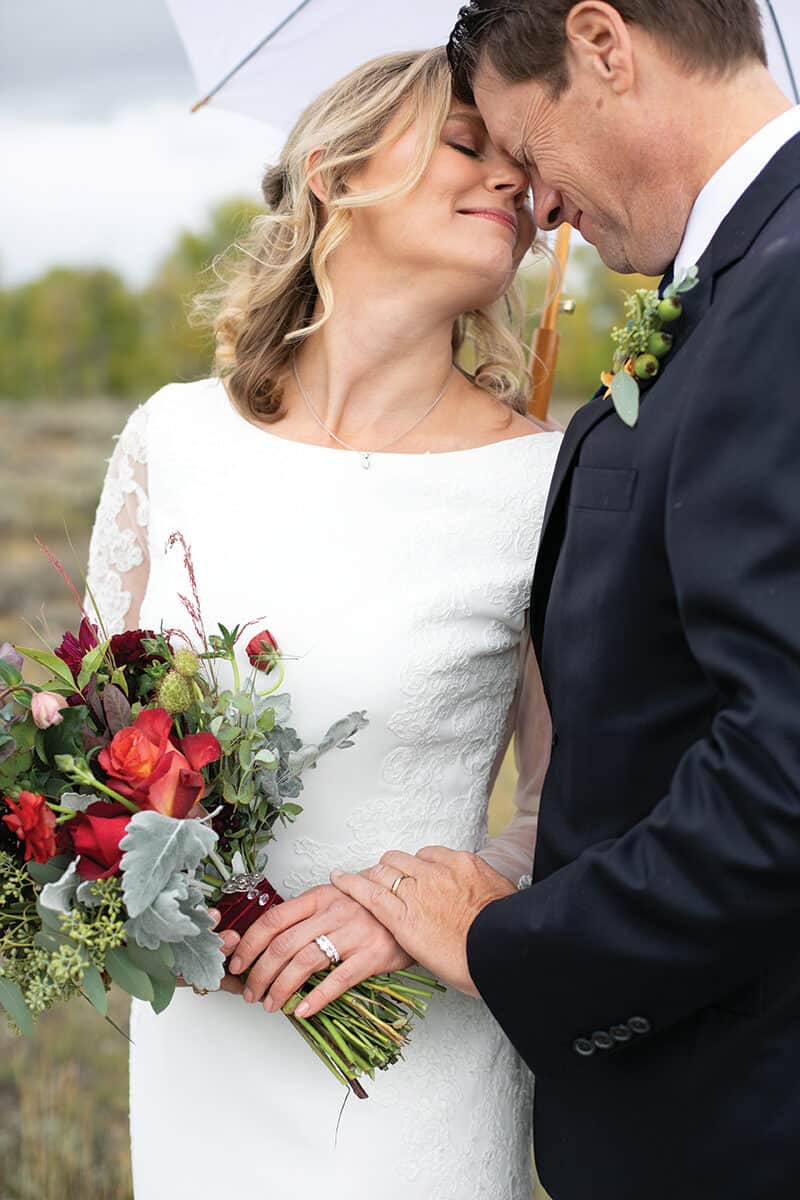
AGW: Please explain the normalcy of declining passion after the honeymoon phase. What can couples do to maintain the spark?
JFF: The spark is pretty alive in the early stages. You don’t have to do much to make that happen because it’s happening to you. Yet, the legality of committed love makes it easy to desexualize the relationship, defaulting it to more of a familial relationship, rather than a romantic relationship. Many partners like the sense of “family” because they want that security, often throwing aside spontaneity.
Marriages thrive when couples create a strong sense of partnership in the face of this domestic reality. You can do this in two ways: 1. Make the time (and space) to go out on a date or go on a trip. This helps you step out of your domestic roles to experience yourself as a women and a man instead of coworkers, mom and dad, etc., and 2. Invest in the partnership by doing special things for each other. At the core of romance and desire lies the feeling of “being chosen”—you’re loved because you are selected above all other options. When couples stop treating each other as the most important one, it interferes with passion and desire.
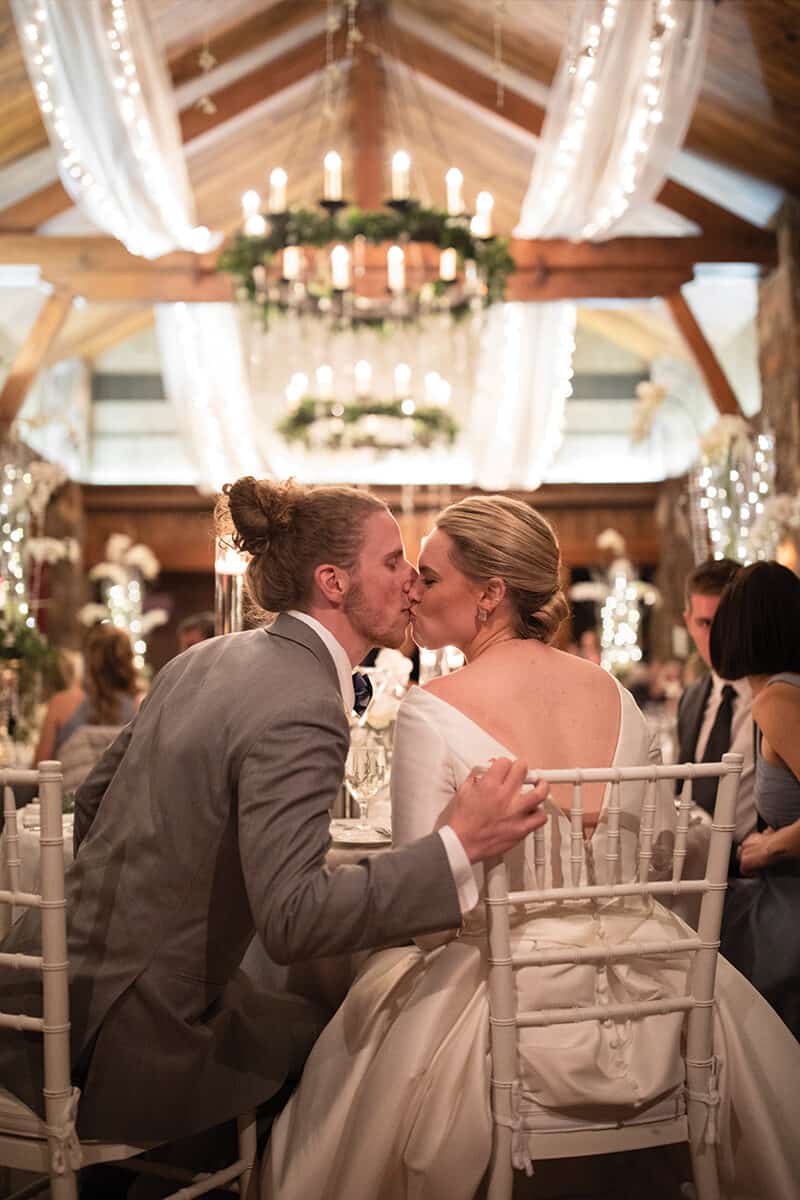
AGW: What should couples do when their sexual encounters go from “amazing” to only “so-so”?
JFF: That means you’re married [lol]!
Human beings are sexually gregarious, but we also want monogamy and constancy and those things contradict each other. Doing the same thing over and over [in bed] creates a sense of familiarity, but too much constant can start to feel dead. As a function of their investment in the partnership, couples need to look for ways to create more novelty within the safety net of their relationship. Find a different partner in the same spouse. Share things you haven’t shared before. Come up with new ideas and fantasies—but all in a safe place.
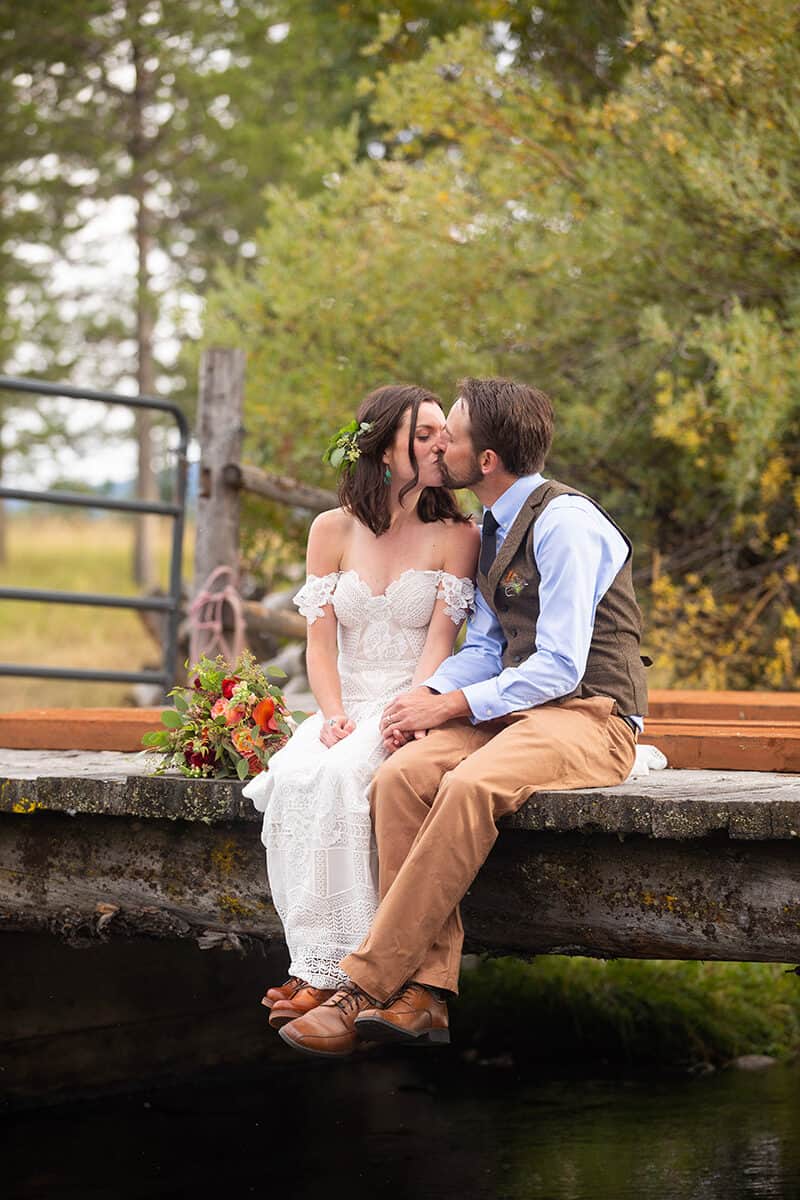
AGW: What if, over time, one partner’s sexual expectations differ from the other?
JFF: The Western notion of marriage, in its core, is a partnership of choosing—it’s a sexual relationship. Which doesn’t mean you have to have sex all the time. Still, many people want to be chosen, but they don’t want to stick their neck out and actually be a sexual partner, feeling that doing so exposes them.
If one spouse wants [sex] three times a week and the other wants it one time a week, you can’t agree to disagree. This is an instance when you have to build a bridge to compromise. How can you meet in the middle? What can you do to elevate your interest? Maybe that means he does more chores to free up time for you to make the space. Then, he becomes a part of facilitating the shift, or vice versa.

AGW: What is your number one rule of advice for keeping the romance alive and prioritizing sex as a steadfast value in marriage?
JFF: Keeping the relationship special is really, really important, and it’s a two-person task that you should be willing to invest in. Do new things together. Go on dates. Bring to it at least the amount of energy that you did when you were dating. And relate to your marriage as a gift in your life. Because, even if your partner is acting immature or annoying, recognizing their presence in your life fosters gratitude.
That said, a sexual partnership is clearly not based on something a woman does for a man. Instead, when sex is a healthy part of a marriage, it’s a language through which you are both expressing love and desire. You take pains to get through it and exercise flexibility to make sure what you’re creating is sustainable for both partners.
—
Jennifer Finlayson-Fife, Ph.D. is a Licensed Clinical Professional Counselor in the state of Illinois. She offers online support at finlayson-fife.com and hosts couples retreats in Jackson Hole.



